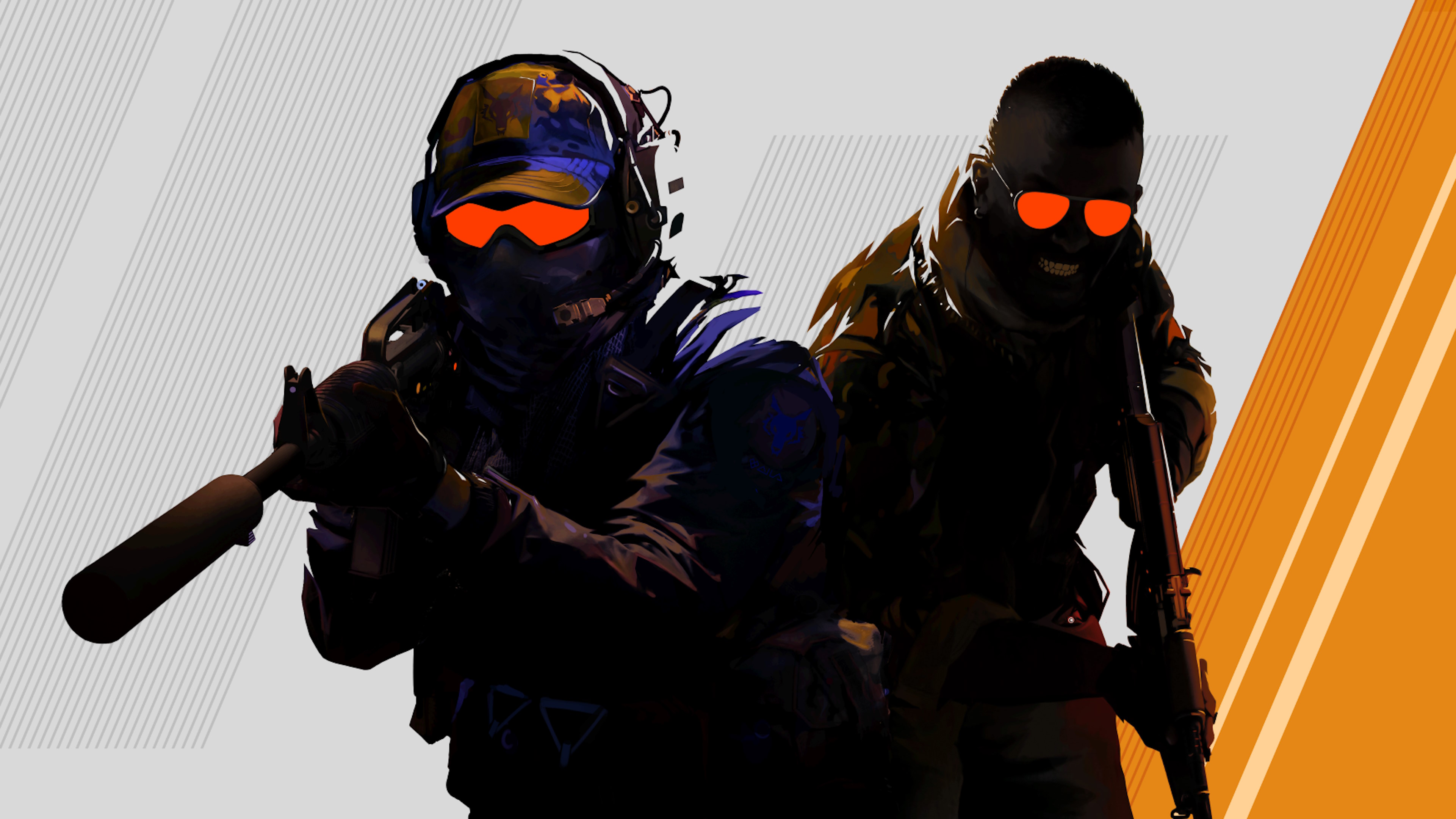Valve draws a stark line in the sand with Counter-Strike 2, says bye-bye to Mac players and 32-bit systems
But Linux operating systems remain supported.

Counter-Strike 2 seems to have got off to a solid start, but a few weeks after launch Valve has announced some big decisions. These will only affect a small number of players, but even so this is a real line in the sand that reflects the developer's ambition to develop this game for a decade or more.
"Counter-Strike 2 represents the largest technical leap in CS history," says a Valve statement, "and our goal is to continue to develop Counter-Strike for years to come. As technology advances, we have made the difficult decision to discontinue support for older hardware, including DirectX 9 and 32-bit operating systems. Similarly, we will no longer support macOS."
Sorry Apple fans: you're out. This may seem a rather hard-headed decision but, as Valve goes on to explain, all of these systems that are losing support "represented less than one percent of active CS:GO players." It also needs to be seen in the context of Apple's own recently announced Game Porting Toolkit which, similar to Valve's Proton technology for running Windows games on Linux, allows you to run unmodified Windows games on MacOS and therefore Macs and MacBooks.
CS2 will in future exclusively support 64-bit Windows and Linux (which is down to Steam Deck compatibility). Those who are unable to launch CS2 will now have access to what the developer's calling a "legacy version" of CS:GO, which will be supported until January 1 2024, and players who've recently bought Prime status (which unlocks certain in-game features) can apply for a refund if their purchase falls within the particular window of March 22, 2023 until September 27, 2023 (CS2's launch). Refunds are available until December 1, 2023.
Oh and Valve somehow always manages to get a shot in at the cheaters and griefers and this is no exception: accounts with bans are ineligible for refunds.
The developer describes the legacy version of CS:GO as a "frozen build" of the game that has all of CS:GO's features barring official matchmaking support. When Valve stops supporting this version of CS:GO next January, the game will remain available but it warns certain functionality like access to inventories "may degrade and/or fail".
It's been clear since Valve announced Counter-Strike 2 that CS:GO is being disappeared, and the developer arguably has good reason for this stance (which also feels informed by the experience of CS:GO temporarily splitting the playerbase when it launched). CS2 has arrived in a relatively stable state and, minor hotfixes to things like crouching hitboxes and knife-spinning aside, certainly feels like the future for the granddaddy of the competitive FPS. But progress, as ever, has a price for some.
Keep up to date with the most important stories and the best deals, as picked by the PC Gamer team.

Rich is a games journalist with 15 years' experience, beginning his career on Edge magazine before working for a wide range of outlets, including Ars Technica, Eurogamer, GamesRadar+, Gamespot, the Guardian, IGN, the New Statesman, Polygon, and Vice. He was the editor of Kotaku UK, the UK arm of Kotaku, for three years before joining PC Gamer. He is the author of a Brief History of Video Games, a full history of the medium, which the Midwest Book Review described as "[a] must-read for serious minded game historians and curious video game connoisseurs alike."

